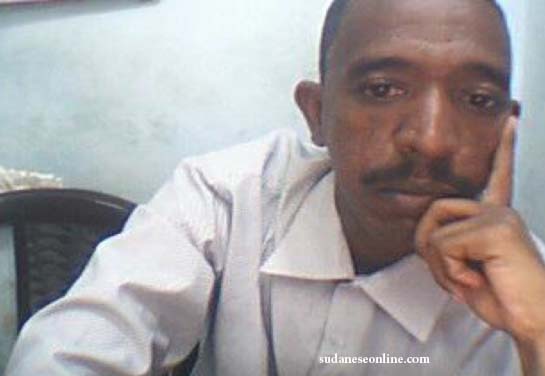| 09-09-2014, 02:32 PM |
Abdul-Aziz Ali Omer
 Abdul-Aziz Ali Omer Abdul-Aziz Ali Omer
Registered: 01-13-2014
Total Posts: 85
|
|
 Change of policies is a prerequisite to stop rural migration Change of policies is a prerequisite to stop rural migration
|
It is ordinary Sudanese who are sufferingmost.and it will change when only the political environment in Sudan changes. Peter Tibber, the British ambassador to Sudan in his visit to a Sudanese tea company.
Abdul-Aziz ali omer
In the recent decades, Khartoum, the capital of Sudan republic expanded 1800 kilometers along the blue and white Nile river banks. Such a horizontal expansion put pressure on fragile water, electricity supply, food items particularly bread, fuel, transport and environmental services. Khartoum legislative council as reported by al-jarida newspaper last august warned against the growing exodus of Sudanese from their rural homes. As the councilors indicated the inhabitants of Khartoum account for 35% of Sudan population. The legislative council members explained the reason of mass migration to Khartoum as underdevelopment and war.
In their session, they tended either to restricting migration or allocating some portions of lands in neighboring states to Khartoum to receive newcomers. I wonder how it slipped the attention and knowledge of legislators that the right of living, owning a plot of land or mobility anywhere within Sudan is guaranteed by the constitution for every Sudanese citizen. Sadly, the esteemed members of council didnвҖҷt make a review of land estate corruption, dissolution of militias that disrupted the normal rhythm of rural life, recognition of political diversity, involvement of all in political decision and the national dialogue which is underway. They didnвҖҷt suggest the change of extemporaneous policies linked personal vested interests which impoverished rural people and led to the decline of rural economy which depends on agriculture. One of implications of migration to Khartoum is turning the capital city into a large village, but in reality it lacks the traits of authentic village: simple and easy life, calmness, clarity of air and warmth of social relations. Some of Sudanese intellectuals think that call for national dialogue and preparation for forthcoming election is no more than a distracting media phenomenon and silly public relations campaign. We hope that Sudan will consider the experience of Arab spring so avert the country further disasters.
|
|
   
|

|

|

|
|
|